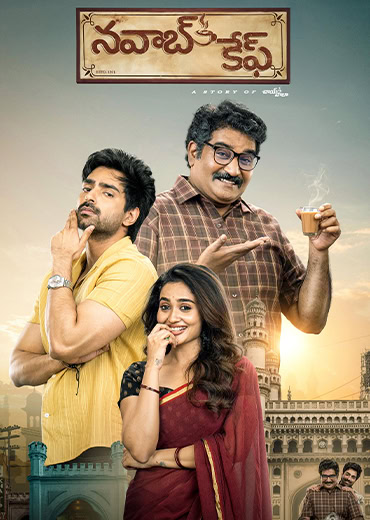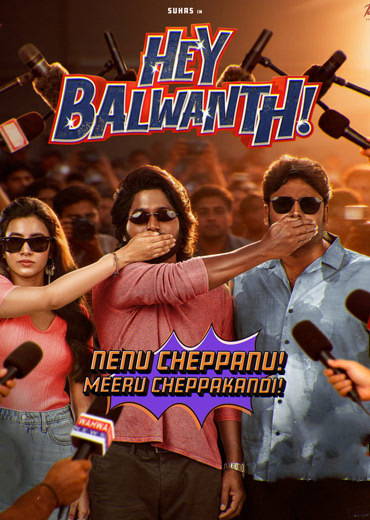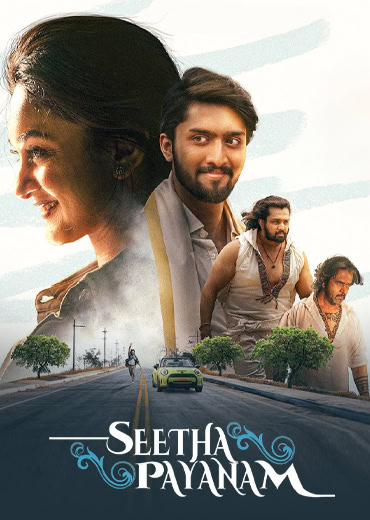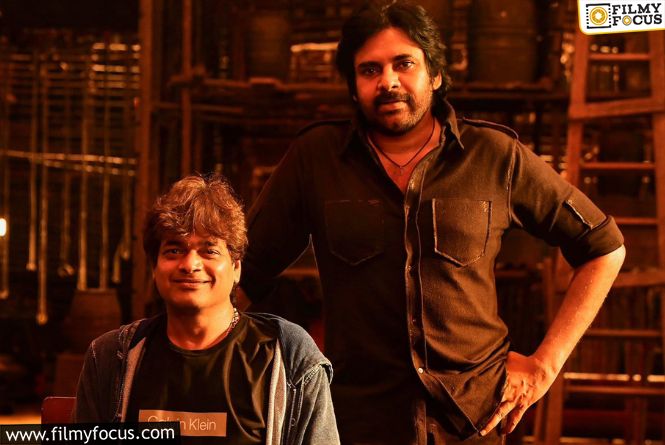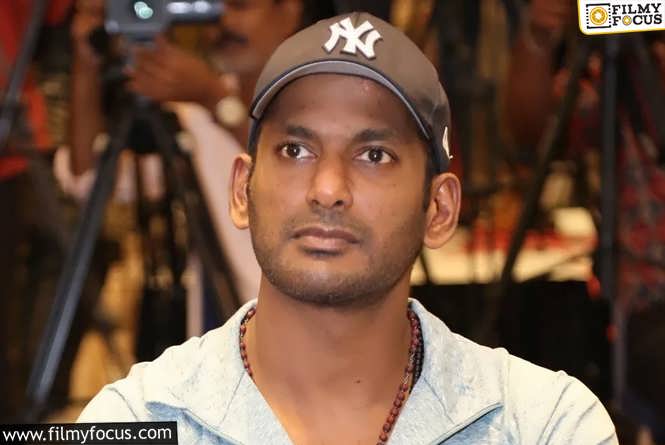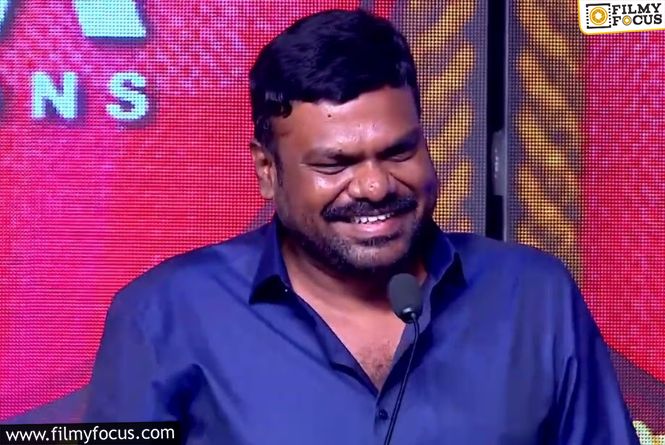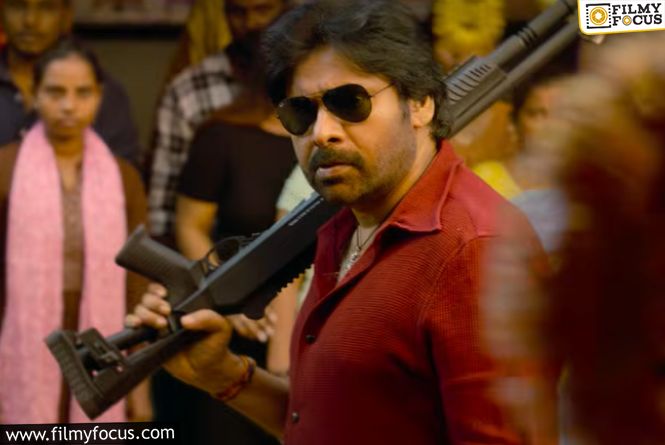Bhairavam Movie Review & Rating!
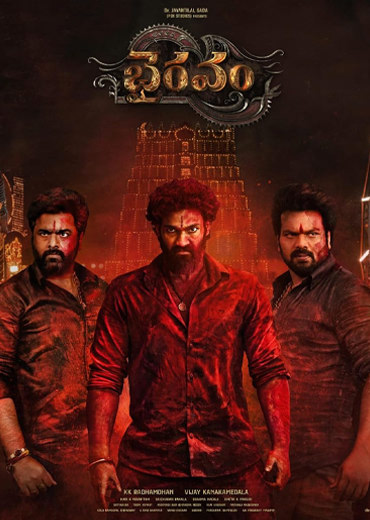
Cast & Crew
- Bellamkonda Sai Sreenivas, Manoj Manchu, Nara Rohith (Hero)
- Aditi Shankar, Anandhi, Divya Pillai (Heroine)
- Jayasudha,Ajay,Raja Ravindra,Vennela Kishore,Sampath Raj,Sandeep Raj,Inaya Sultana (Cast)
- Vijay Kanakamedala (Director)
- K.K. Radhamohan (Producer)
- Sricharan Pakala (Music)
- Hari K Vedantam (Cinematography)
- Release Date : May 30, 2025
- Sri Sathya Sai Arts (Banner)
Manchu Manoj, Nara Rohith, and Bellamkonda Sai Sreenivas, who have each taken a break of five to six years from lead roles, come together for the film Bhairavam. The film is a remake of the Tamil hit Garudan. Despite being a remake, director Vijay Kanakamedala claims to have adapted the story in a way that suits Telugu audiences. Let’s see if Bhairavam manages to impress the audience.
Bhairavam Review

Story: A corrupt minister sets his sights on the 75-acre property of the Varahi Amman temple in Devipuram. To acquire it, he must bypass Varada (Nara Rohith), Gajapathi (Manchu Manoj), and Seenu (Bellamkonda Srinivas), who protect the temple and its lands. What does the minister do to seize the land? What kind of rift does this conflict cause between Varada and Gajapathi? How does Seenu get caught in this civil war? And what happens in the end? Bhairavam unfolds around these questions.
Performances: Despite equal screen time, Nara Rohith shines the most with his composed and impactful performance. His clarity in dialogue delivery and mature body language are impressive. Manchu Manoj plays a dual-shaded role well, though his base voice feels out of sync with emotional scenes. Bellamkonda Srinivas, playing a relatively new kind of role for him, surprises with solid action scenes that stand out as highlights.
It’s rare to see Rohith and Manoj support each other on screen, and Srinivas deserves praise for holding his ground alongside them. Divya Pillai, Anandhi, Ajay, and others perform well in their respective roles. Aditi Shankar, however, appears miscast in terms of village nativity. Her screen presence doesn’t sync well with the setting, and her dubbing feels jarring—arguably a bigger drawback than her performance itself.
Technical Aspects: Sricharan Pakala, known mostly for thrillers, composes for a mass film for the first time. The songs are forgettable, but his background score stands out, especially in action scenes where he brings a fresh flavor. The film also benefits from strong cinematography, art direction, and production design. The screenplay is a bit disappointing. However, the fights have been composed quite well and elevate the film decently.
Analysis: Director Vijay Kanakamedala does a fair job adapting Vetrimaaran’s story to Telugu sensibilities. However, he struggles with emotional depth. While the screenplay features minor changes, it lacks strong emotional impact in key scenes. He does succeed in managing the three lead heroes well.
A more refined screenplay could have given fans of the original a richer experience. Though the mass fights and sentiment scenes are handled decently, the full story feels underwhelming. The editing also suffers, especially with jump cuts that disrupt the film’s flow.
Predictability is often a drawback in remakes. In Bhairavam, it’s the lack of emotional rhythm that hurts the film. The characters’ reasoning often doesn’t hold, and the intended emotional impact doesn’t land effectively. While the original was a super hit in Tamil, Bhairavam ends up as just an average outing in Telugu.
Verdict: On the whole, Bhairavam has a good cast and neat performance, but itis loud and routine. The emotional depth is missing and the proceedings are quite predictable and do not showcase anything new.
Bottom Line: Just for a few scenes
Rating: 2/5


